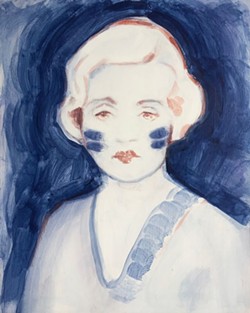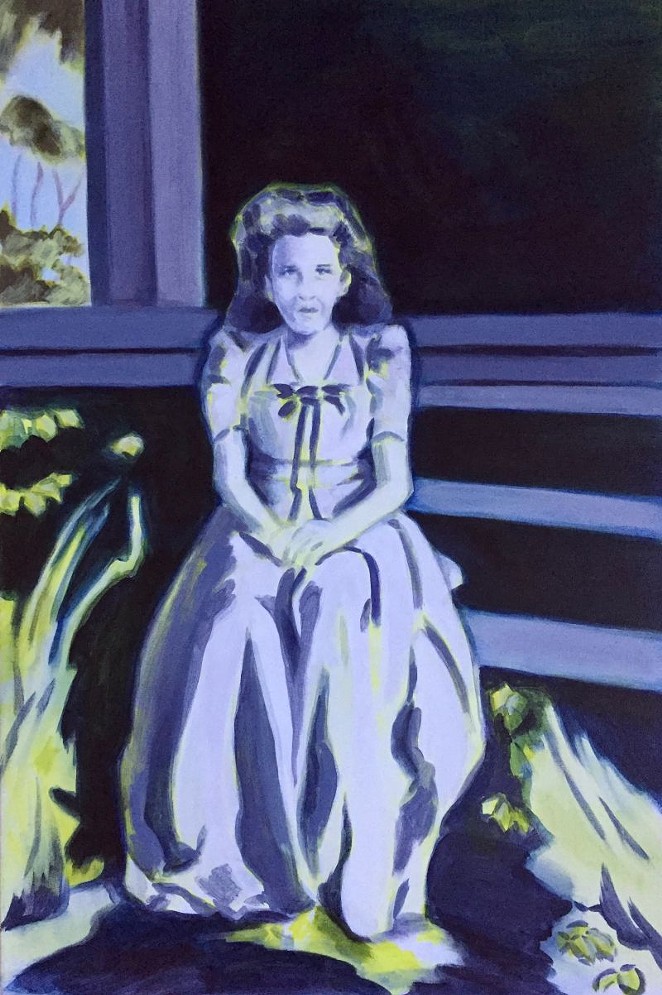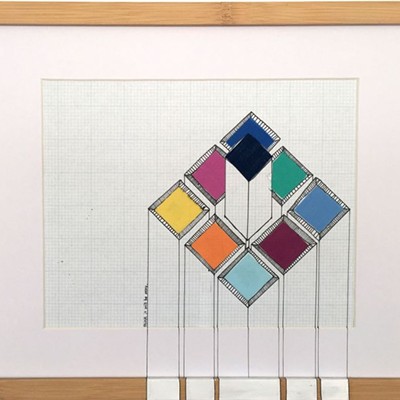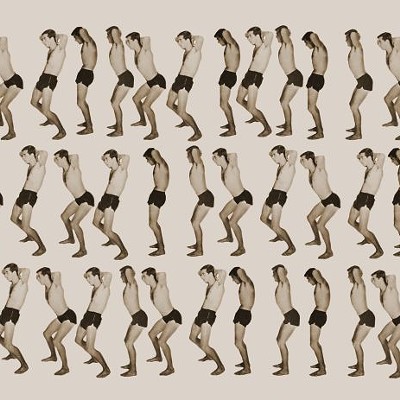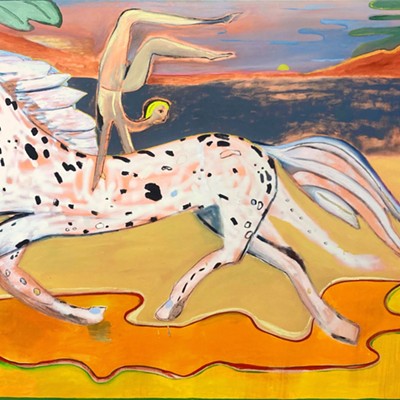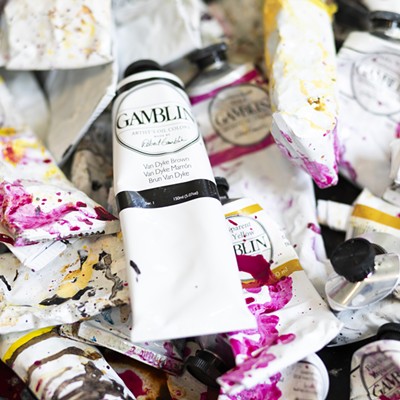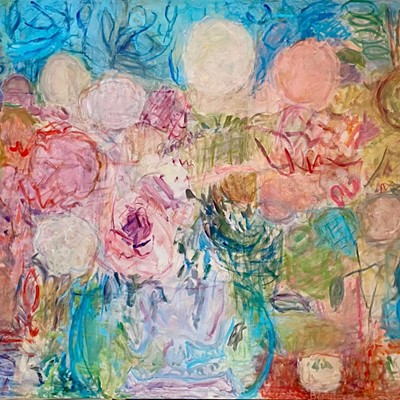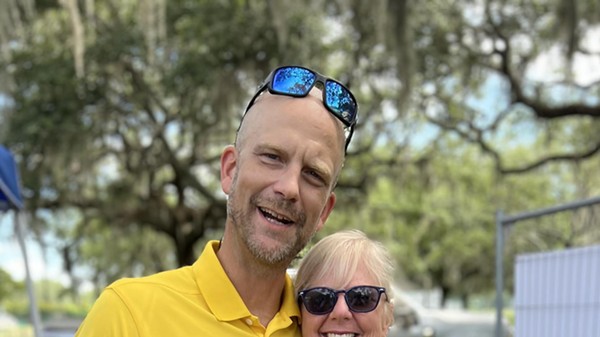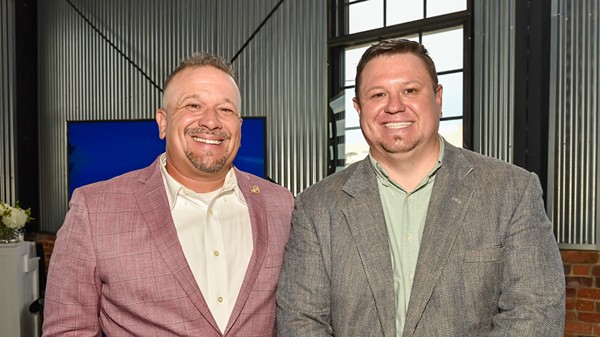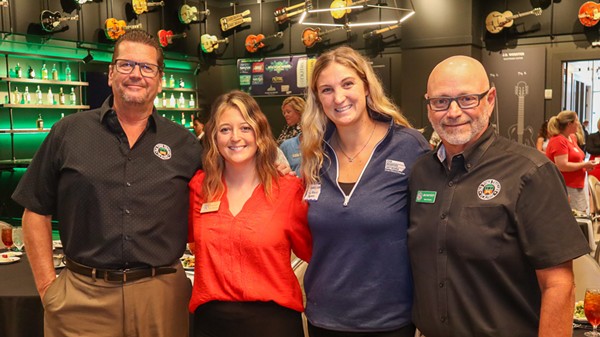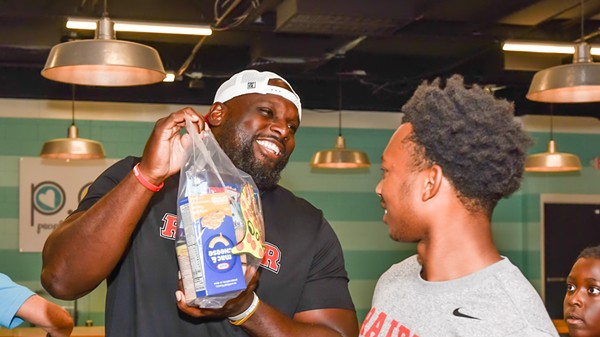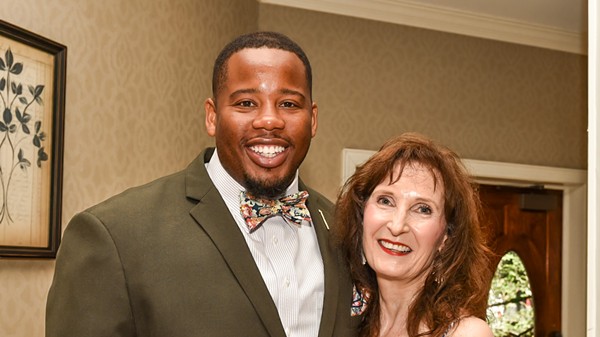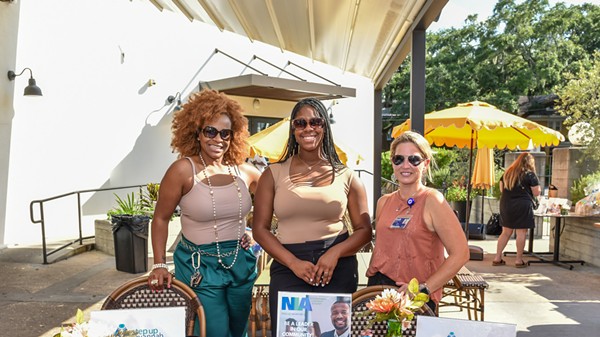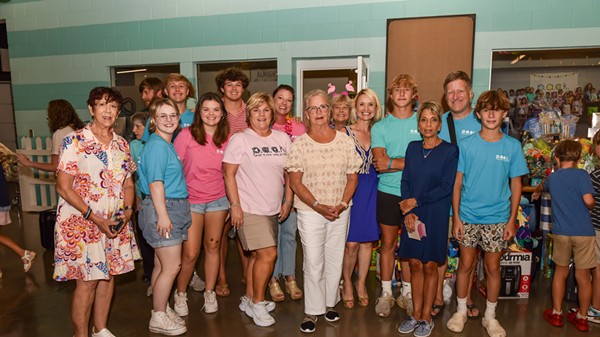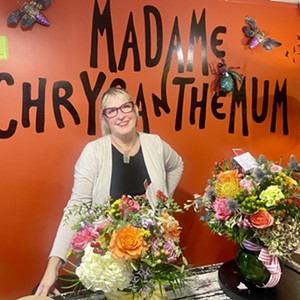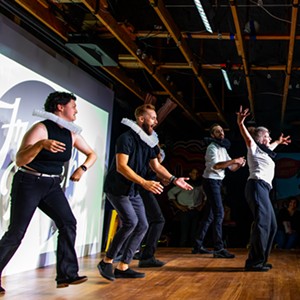IT’S almost 2018, but you’d be forgiven for forgetting the year we’re in every time you check the news.
Women’s rights are being rolled back by an administration that doesn’t seem to understand them. When women speak up against sexual deviants like Harvey Weinstein and Louis C.K., they’re often met with disbelief and vitriol.
And these are just the big names—injustices happen every day against women whose names we will never know.
It was a problem long before #MeToo lit up our Twitter feeds, and it will continue being a problem until—well, until when? How do we bridge the inequity gap?
Hannah Alsdorf suspects the answer might lie with the women who came before us.
Up now at Starland Café, Alsdorf’s “From the Front Lines” is at once timely and timeless. Her acrylic paintings of women from the past century pay tribute to our ancestresses.
“My concerns are mostly with contemporary women’s issues,” she explains. “I look back and wonder if things have really changed from a hundred years ago to now. There has been progress, but I’m looking at these photographs if there’s some sort of clue, or a way to navigate now based on something from women in the past who have learned as well.”
The work in “From the Front Lines” is from old photographs that Alsdorf, a SCAD student, keeps in an archive.
“I was working last spring with old photography references, and at the same time, I was doing performance pieces based on laundry, and then they married each other when I found old images of women washing clothing,” she says.
The act of doing laundry stuck out to Alsdorf because of its physical nature.
“Having a piece of clothing can be sexually charged. There’s this negative attention women might get from wearing certain things,” she says. “Laundry is something an idea can be projected onto, and then you’re trying to scrub that idea out. Laundry is something of women’s work, traditionally.”
The title of the show is a play on words that tied up all Alsdorf’s thoughts.
“There’s this idea of the laundry line, but also this idea of the front line, almost like a battlefield,” she explains.
“Women are seeing atrocity, seeing things that shock, being traumatized. Also, there’s the idea of, where are the boundary lines? Where can you cross the line? Where is it unsafe to cross a line? For me, personally, I often have to put up a defense to ward off things I don’t want. I don’t want people to cross a certain boundary.”
Another aspect of the boundary is religious, as Alsdorf was raised in a Judeo-Christian household.
“I think unfortunately there’s a negative connotation with religion and how women are viewed in religion, but based on my upbringing, that is not the case,” she says.
“Jesus was very supportive of women and protective of women. I wanted to convey that religion doesn’t have this negative aspect, though there are people who take it there. There are certainly people who use religion as an excuse to oppress women. That’s part of the boundaries too. I wanted to make that distinction between people who are abusing [religion] and the core of what it really is.”
Perhaps the most powerful piece of “From the Front Lines” comes at the end with the only painting including a male figure. The man sits beneath the laundry line looking despondent, almost resigned. The piece is powerfully titled “I Don’t Know How to Reach Her.”
“We can’t blame everything that’s wrong in this world on men,” Alsdorf says firmly.
“This piece is from a male perspective, not knowing how to reach women, not knowing how to invite women to be themselves and not take advantage of them. There’s so much misogyny, but there are good men out there! I know a lot of them.”
Alsdorf’s inclusion of the man’s self-awareness bolsters her intended takeaway from the show.
“This whole work is about being self-aware, especially as a woman, and finding out what those boundary lines are,” she says. “It makes me sad that women can’t be vulnerable and can’t be enjoyed for the beauty they share without being taken advantage of.
“I hope that in some sense [the show] might give women the permission to be able to do that, with the hope that someday we can.”

